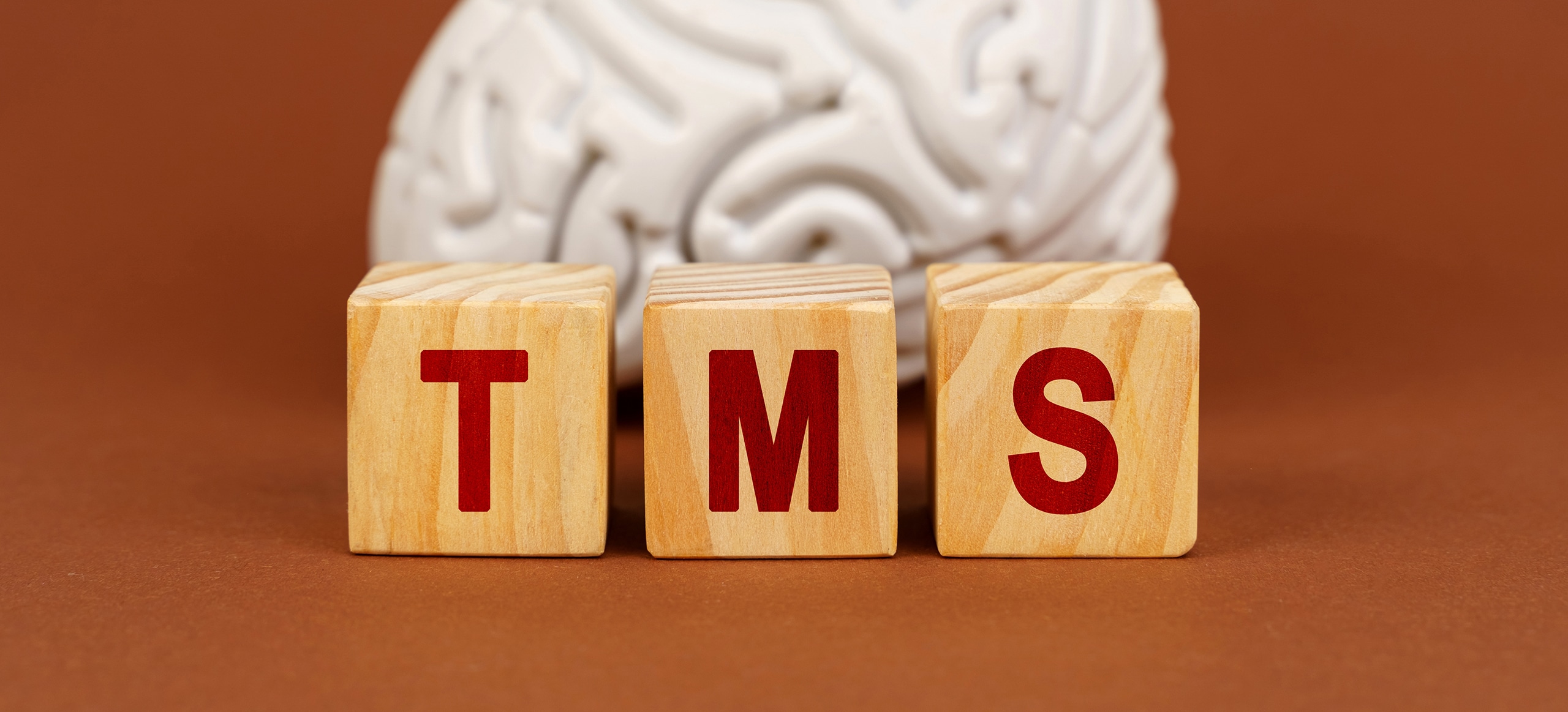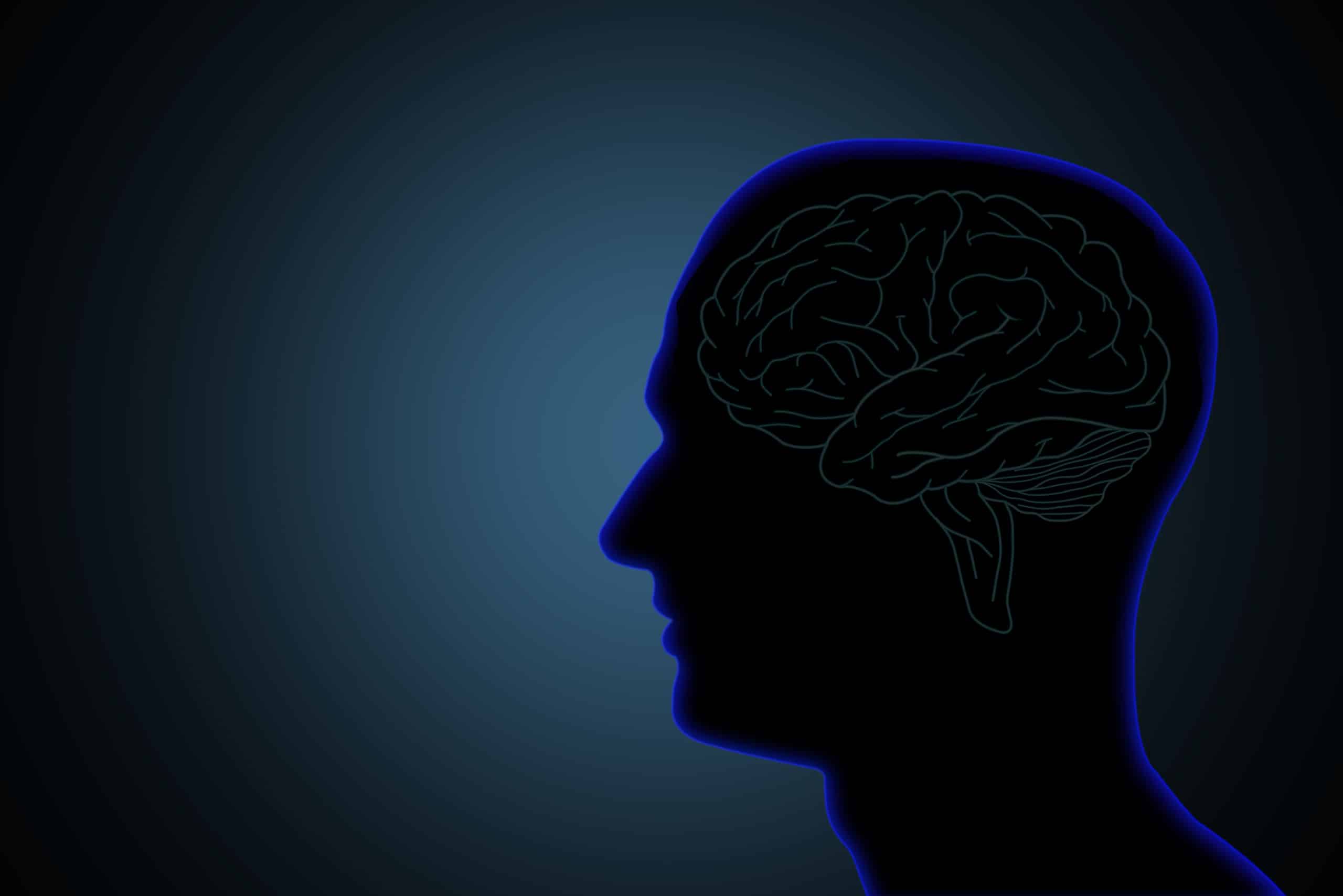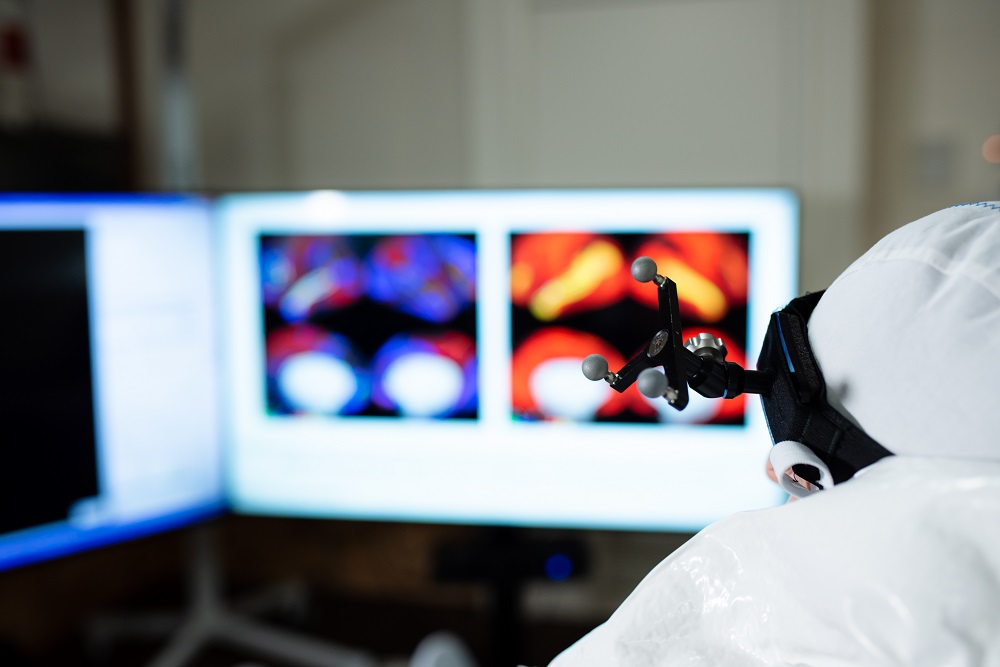At Neurotherapeutix, we specialize in using advanced brain mapping to customize TMS therapy for every individual. This personalized approach to TMS treatment uses your unique brain activity to guide care, making therapy more precise, effective, and long-lasting.
If you’re searching for a more targeted solution to complex mental health challenges, contact us or keep reading to learn how brain mapping TMS therapy works.
What Is TMS Therapy?
Transcranial Magnetic Stimulation (TMS) is a non-invasive treatment that uses magnetic pulses to stimulate specific areas of the brain. It’s commonly used for mental health conditions, especially when other treatments haven’t worked.
At Neurotherapeutix, we take TMS further by using brain mapping to guide and personalize each session.
What Is Brain Mapping Therapy?
Brain mapping therapy is a non-invasive technique that visually captures how different areas of your brain are functioning and communicating.
Brain mapping at Neurotherapeutix uses resting-state functional MRI (rsfMRI) to detect abnormal connectivity patterns between brain regions. This allows us to identify dysfunctional networks commonly associated with psychiatric and neurological conditions.
fMRI and Brain Activity Tracking
Our process involves capturing high-resolution images of your brain at rest. These images highlight neural pathways and interconnections between brain regions, showing how well your brain networks function. This data forms the foundation of your personalized TMS therapy plan.
How Brain Mapping Works in TMS Therapy
Once we identify underactive or overactive brain regions through brain mapping, we use that information to direct fMRI-guided TMS therapy to precise targets.
Instead of stimulating a general brain area, we stimulate the exact nodes that require adjustment.
This is the core of personalized TMS treatment, a tailored plan that aligns directly with your brain’s unique activity profile.
The Benefits of Brain Mapping in TMS
There are many benefits of brain mapping in TMS treatment, including:
- Improved outcomes through precise targeting.
- Faster symptom relief thanks to accurate modulation.
- Reduced side effects due to selective stimulation.
- Ongoing progress tracking using repeat imaging.
If you’ve wondered, “How does brain mapping help in TMS?” The answer lies in its ability to eliminate guesswork in treatment.
Is Brain Mapping Necessary for TMS?
While traditional TMS can provide symptom relief for some patients, it lacks the precision that many individuals with complex or treatment-resistant conditions require.
Brain mapping is not only helpful, it is often essential for achieving optimal results with TMS therapy.
Brain disorders such as depression, PTSD, anxiety, and OCD often involve subtle disruptions in how brain regions communicate. Without brain mapping, these abnormalities can go undetected, leading to generalized treatment that may not address the true source of symptoms.
Brain mapping therapy gives us a detailed view of how your brain’s networks function. This allows us to design a customized TMS therapy protocol, resulting in faster progress, fewer sessions, and longer-lasting improvement.
Standard vs. Customized TMS Therapy
Standard TMS uses general targeting based on FDA-approved landmarks, which may miss the brain areas most responsible for symptoms.
At Neurotherapeutix, we use brain mapping to guide personalized TMS therapy. This allows us to target the precise brain region involved in your condition, improving outcomes and reducing the number of sessions needed.
When Personalized TMS is Recommended
Brain mapping for TMS is essential for individuals who haven’t responded to standard treatment or have complex diagnoses.
It’s especially helpful for those with depression, anxiety, PTSD, OCD, or brain injuries where target accuracy matters most.
Who Can Benefit from Personalized TMS Therapy?
Patients dealing with chronic or treatment-resistant mental health conditions are ideal candidates for personalized TMS therapy. This includes those with:
- Depression or anxiety that hasn’t responded to medication.
- Cognitive decline or memory loss.
- PTSD or trauma-related brain changes.
- Neurological conditions like autism or ADHD.
Why Neurotherapeutix in NYC Uses Brain Mapping
We believe that TMS therapy without brain mapping risks missing the mark. That’s why we pioneered the use of fMRI-TMS in clinical practice.
Our infrared-guided technology ensures that each pulse hits the correct target, every time, every session.
By tailoring care to the individual, we’re helping patients experience better results with fewer treatments.
What to Expect During Your Session with Neurotherapeutix
Each session begins with a comprehensive evaluation, including brain imaging, history review, and clinical intake. After analyzing your brain map, our specialists develop a TMS protocol that’s uniquely yours.
Our sessions are:
- Comfortable and drug-free.
- Delivered with pinpoint accuracy.
- Backed by real-time imaging and expert oversight.
You’ll receive a treatment plan designed to retrain your brain and support long-term recovery.
Start Your Journey Toward Targeted Mental Wellness With Personalized TMS Therapy
At Neurotherapeutix in New York City, we’re committed to transforming mental health care through brain mapping TMS therapy.
We use advanced imaging and individualized treatment planning to deliver personalized TMS treatment that helps patients feel better faster.
Contact us today to schedule your consultation and take the first step toward a more precise, more effective path to wellness.

















